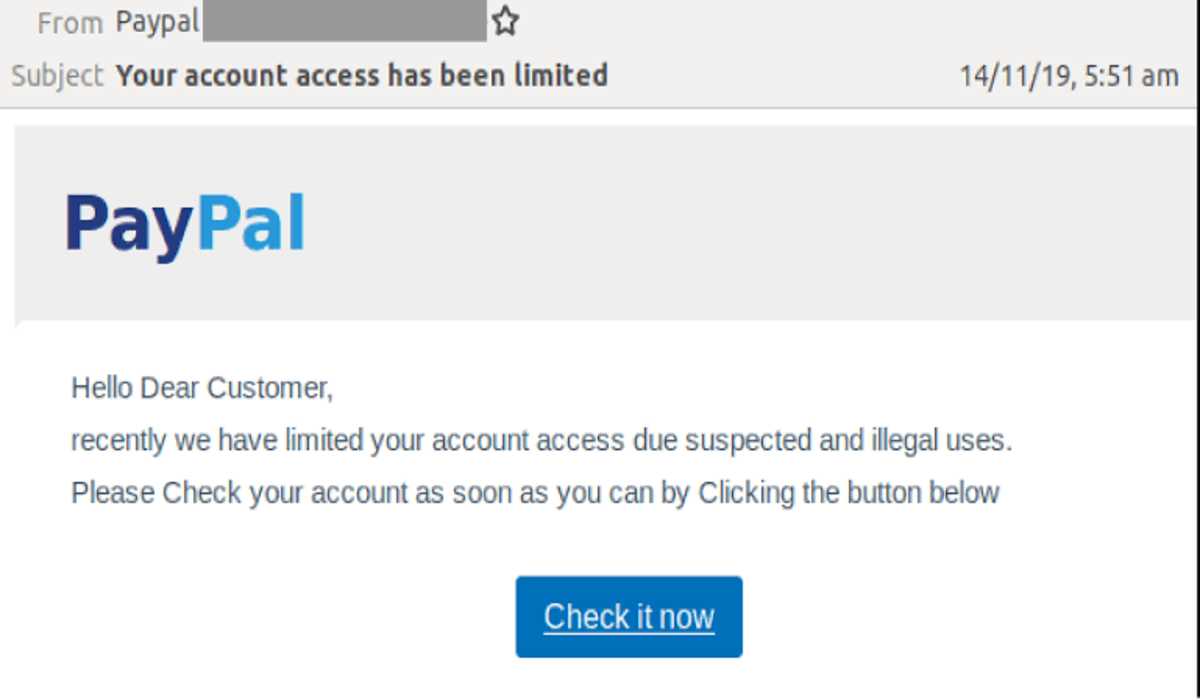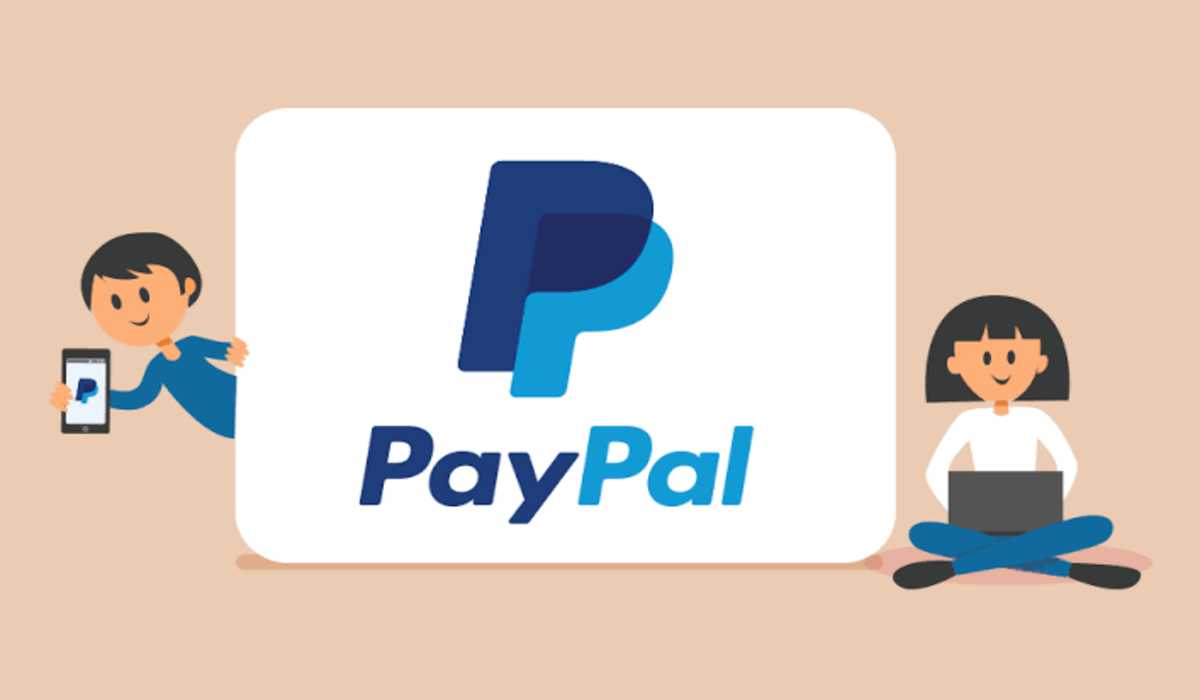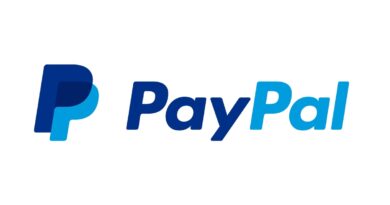How to Spot and Avoid PayPal Scams
PayPal is a popular online payment platform, but it’s also a prime target for scammers. There are many different types of PayPal scams, but they all have one thing in common: the scammer is trying to get your money.

When using PayPal, it’s important to be aware of the potential for scams. This guide will help you spot and avoid PayPal scams.
Forms Of PayPal Scams & How to Avoid Them
Here are some common PayPal scams to watch out for plus tips on how not to fall victim:
1. The “phishing” scam. This is where the scammer tries to trick you into giving them your PayPal login information by sending you an email that looks like it’s from PayPal. Be very careful about any emails you get that claim to be from PayPal, and never click on any links in those emails.
2. The “fake invoice” scam. This is where the scammer sends you an invoice for something you didn’t purchase and asks you to pay with PayPal. If you get an invoice that you’re not expecting, be sure to check it carefully before paying.
3. The “chargeback” scam. This is where the scammer makes a purchase from you using PayPal, and then later claims that they didn’t receive the item and asks for a refund. If you’re ever in this situation, be sure to keep all documentation of the sale, including any tracking information for the shipment.
4. The “spoof” scam. In this type of scam, the scammer will send you an email or text message that appears to be from PayPal. They may even spoof the sender’s address so that it looks like the message is coming from PayPal’s customer service team. The message will often contain a link to a fake website where you’re asked to enter your login information or credit card number. The scammer can then use this information to make unauthorized charges to your account or steal your identity.
5. The “fake charity” scam.
In this type of scam, a fraudster will create a fake charity and set up a PayPal account in the charity’s name. They will then solicit donations through social media or email, promising to use the money to help people in need. However, the fraudster will keep the money for themselves, and the donors will never see it.
To avoid this type of scam, be sure to do your research before donating to any charity. Make sure the charity is legitimate and that you trust the organization before sending any money. You can also check to see if the charity is registered with the Better Business Bureau’s Wise Giving Alliance. And never give money to someone you don’t know, no matter how compelling their story may be.
By being aware of these PayPal scams and applying the necessary precautions, you can help protect yourself and your money.



